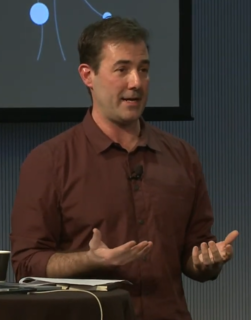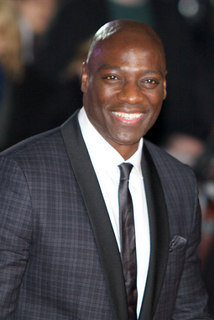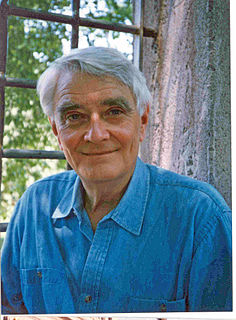A Quote by Adam Curtis
So much of the language that surrounds us - from things like economics, management theory, and the algorithms built into computer systems - appears to be objective and neutral. But in fact, it is loaded with powerful, and very debatable, political assumptions about how society should work and what human beings are really like.
Related Quotes
I started in the law; and the study of law, when it precedes the study of economics, gives you a set of foundation principles about how human beings interact. Economics is very useful, and I studied economics in graduate school. But without understanding the social and organizational context of economics, it becomes a theory without any groundwork.
What children don't understand, and can't understand until they grow up some, is how much the whole fabric and process of human society depends on everybody agreeing to ignore, most of the time, the fact that all of us are, most of the time, inadequate, incompetent, pitiful, and, in fact, naked to our enemies. None of us really has very much in the way of spiritual, moral clothing. We dress ourselves in rags. And we agree to say nothing about it. To a very large extent, it is human charity that clothes us.
We're human beings we are - all of us - and that's what people are liable to forget. Human beings don't like peace and goodwill and everybody loving everybody else. However much they may think they do, they don't really because they're not made like that. Human beings love eating and drinking and loving and hating. They also like showing off, grabbing all they can, fighting for their rights and bossing anybody who'll give them half a chance.
It's easy to sell good news like this, and the authors confidently rely on classic fallacious arguments. They argue by declaration, which is what makes the books so amusing. In matter-of-fact, authoritative tones, the authors tell us how plants and human beings exchange energy - or they describe what angels look like, whether or how they're sexed, how they communicate with human beings, and how they differ from ghosts. Readers might be expected to wonder, How do they know?
These algorithms, which I'll call public relevance algorithms, are-by the very same mathematical procedures-producing and certifying knowledge. The algorithmic assessment of information, then, represents a particular knowledge logic, one built on specific presumptions about what knowledge is and how one should identify its most relevant components. That we are now turning to algorithms to identify what we need to know is as momentous as having relied on credentialed experts, the scientific method, common sense, or the word of God.
I feel like I'm changing as a human being, and I think that the work needed to be in line with where I'm at. When I was younger and I was making political work, I was trying to figure out where my work fit in because when you're young you're like, "I don't know." I'm Latino, I grew up in Mexico, and so I thought that maybe I had to talk about those things. Then finally I didn't need my identity to rely on anymore. So now the work is becoming about more esoteric things, I guess - my own sort of language.
Sometimes human beings are very much like bees. Bees are fiercely protective of their hive, provided you are outside it. Once you’re in, the workers sort of assume that it must have been cleared by management and take no notice; various freeloading insects have evolved a mellifluous existence because of this very fact. Humans act the same way.
Just coming to terms with the fact that I got to play April Wheeler [Revolutionary Road] and Hanna Schmitz [The Reader] in one year, let alone in my lifetime. I'm very, very aware of how rare that is as an opportunity for any one person. I can't tell you how much I've been able to take away from these experiences creatively. I really, really learned so much about acting, about myself... all of those things. It's difficult to talk about the actor's process without sounding like an arrogant asshole but they really were very challenging.
What I like about the Carpenter take on The Thing is the fact that it just has so much suspense. It seemed like a different story, with the horror elements. Those films that really speak to the primal fear that we, as human beings, have about the unknown have always intrigued me. That's the really scary thing, not the slasher, macabre movies.
Embedded in 'The New York Times' institutional perspective and reporting methodologies are all sorts of quite debatable and subjective political and cultural assumptions about the world. And with some noble exceptions, 'The Times,' by design or otherwise, has long served the interests of the same set of elite and powerful factions.
Artists use frauds to make human beings seem more wonderful than they really are. Dancers show us human beings who move much more gracefully than human beings really move. Films and books and plays show us people talking much more entertainingly than people really talk, make paltry human enterprises seem important. Singers and musicians show us human beings making sounds far more lovely than human beings really make. Architects give us temples in which something marvelous is obviously going on. Actually, practically nothing is going on.
When I see an entire community disenfranchised, it disturbs me. Not that I'm a message guy, per se. I write about people. I like to write about human beings, not crap political rhetoric. I've tried to avoid that all my life. When I wrote about soldiers in Vietnam, I wasn't trying to make a political statement. I was trying to write about how screwed things were for soldiers, and how they still are.






































